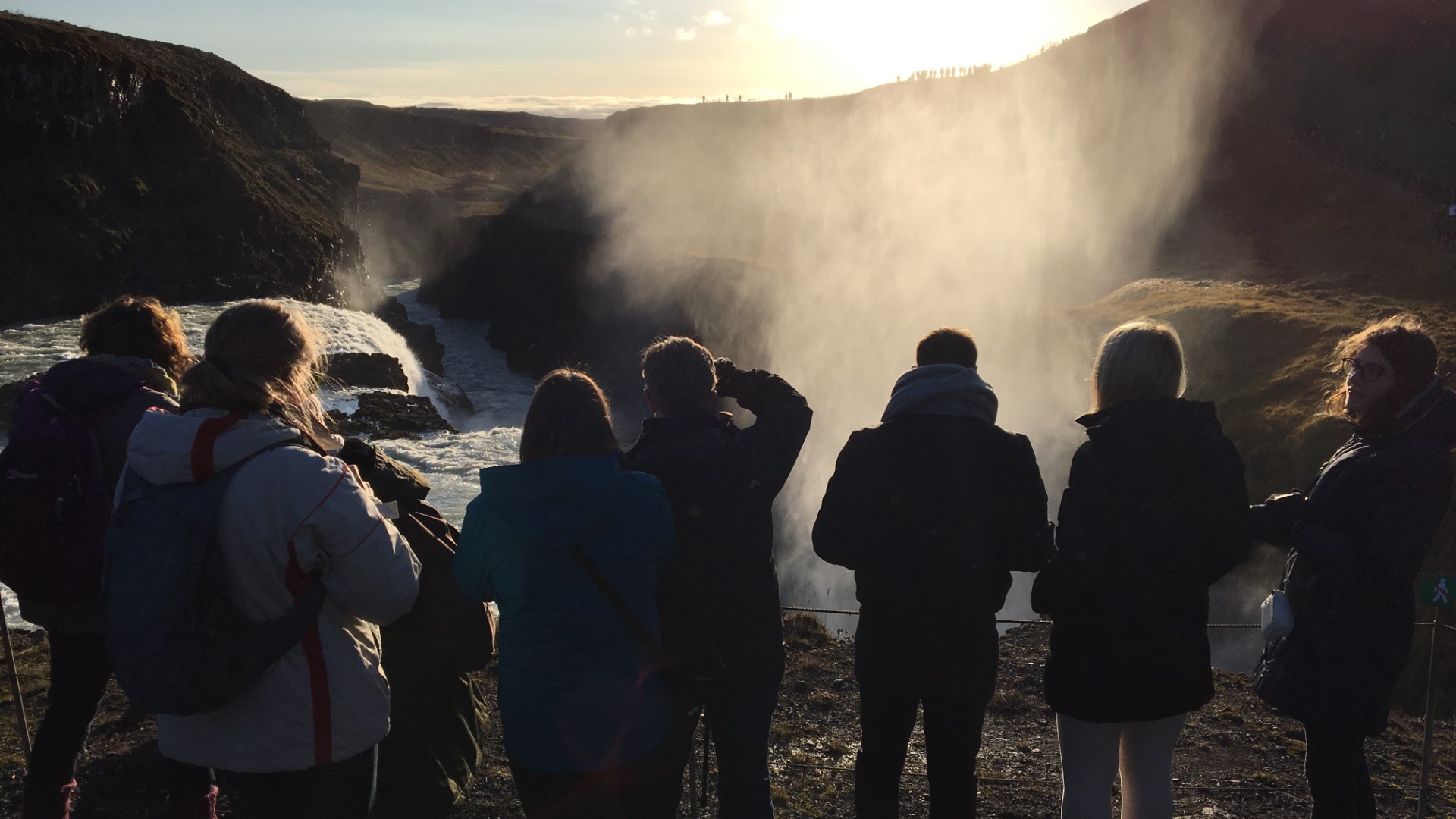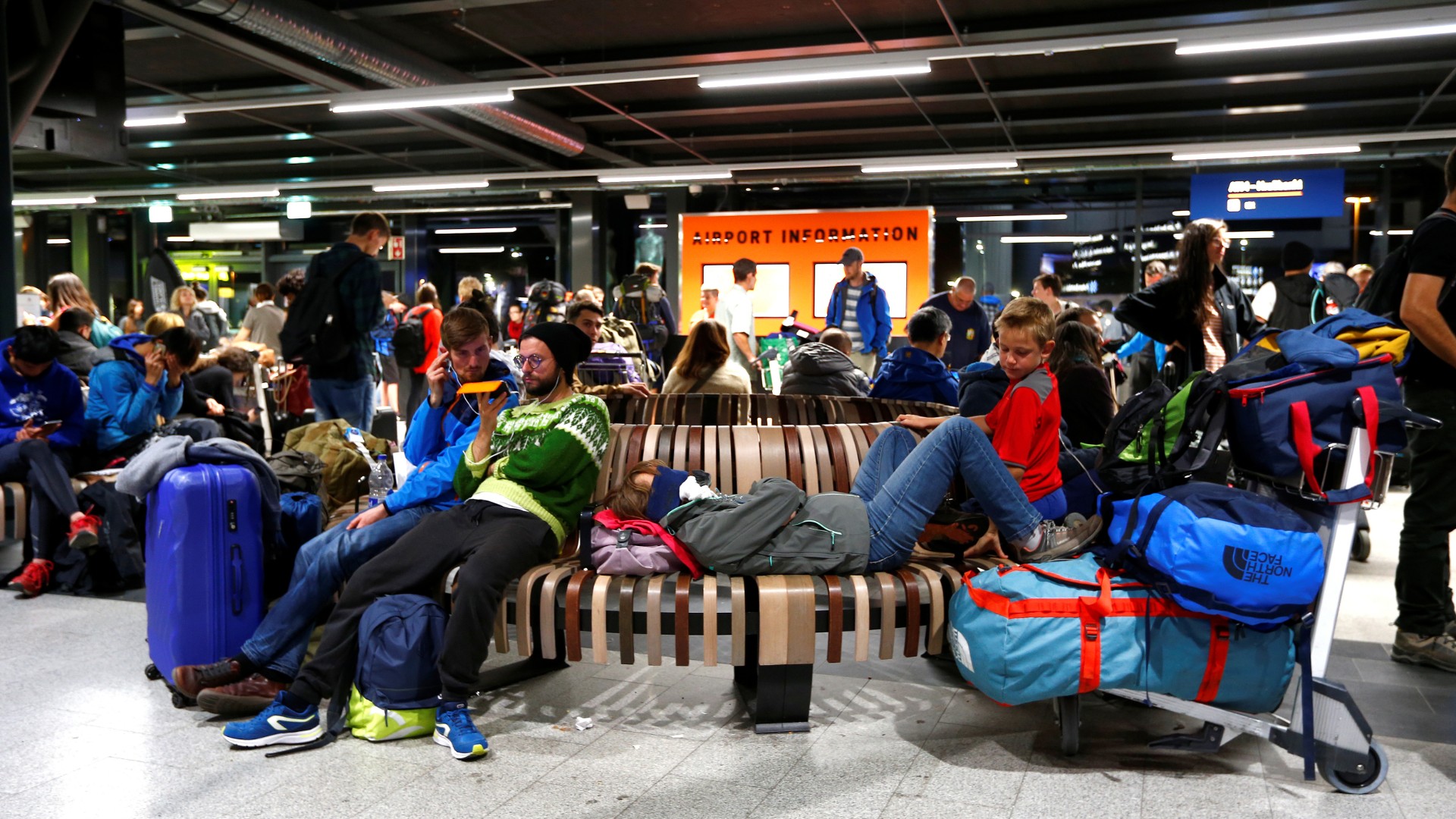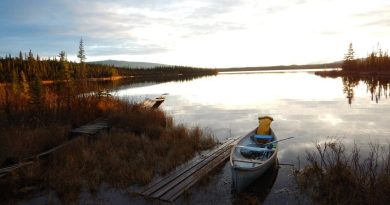Iceland announces further relaxing of COVID-19 restrictions

As of August 4, Iceland will further relax its COVID-19 restrictions, allowing groups of up to 1,000 people and allowing bars and restaurants to stay open until midnight.
“We are now moving into a new mode of thinking when it comes to the pandemic,” said Thorolfur Gudnason, Iceland’s chief epidemiologist, in a news release.
“It seems that the virus will be a part of our existence for months to come, and maybe even for years. Now, we must figure out a way to continue our daily life with sensible modifications and precautions. We also need to shift out of crisis-mode and replace that with ongoing vigilance. Personal responsibility needs to become a norm in order for us to avoid serious setbacks, and we will continue to use early detection, isolation, contact tracing, and quarantine, to minimize the risk to our population.”
Further travel restrictions may be eased at the end of the month
Since June 15, Iceland has required visitors to either observe a 14-day self quarantine period or take a COVID-19 test upon arrival.
Since July, 16, Iceland has exempted Finland, Norway and Denmark, along with Germany, from COVID-19 screening requirements for entering the country.
Further exemptions may be announced at the end of July.

Travellers from all Nordic countries except for Sweden are now exempt from COVID-19 screening upon arrival. (Michaela Rehle/Reuters)
“Since the beginning of this global crisis, the Icelandic government has followed the recommendations of our medical and scientific community,” said Gudlaugur Thor Thordarson, Minister for Foreign Affairs and International Development, in a news release on Thursday.
“This has served us well so far, as the effects of the pandemic in Iceland have been less severe than in most places, both in terms of health effects and disruptions to daily life.”
As of July 23, Iceland was reporting no new domestic COVID-19 infections in the prior three week period. Meanwhile, 11 active COVID-19 infections were detected at border screening during the same period.
Iceland has reported at total of 1,854 COVID-19 cases since the pandemic began, and 10 deaths.
Write to Eilís Quinn at eilis.quinn(at)cbc.ca
Related stories from around the North:
Canada: Inuit gov. in Labrador, Canada tells out-of-province travellers to stay away despite ‘Atlantic bubble’, Eye on the Arctic
Finland: Finland joins other Nordic countries in virtual tourism due to pandemic, Yle News
Greenland: Greenland extends COVID-19 entry requirements until July 20, Eye on the Arctic
Iceland: Iceland lowers price of on-arrival COVID-19 testing, Eye on the Arctic
Norway: Norwegian Arctic wilderness tourism hit particularly hard by coronavirus, The Independent Barents Observer
Russia: All Russia’s North Pole cruises rescheduled to 2021, Eye on the Arctic
Sweden: Sweden seen as major source of COVID-19 in Western Finland region, Yle News
United States: Airline shutdown creates new challenges for rural Alaska, The Associated Press



